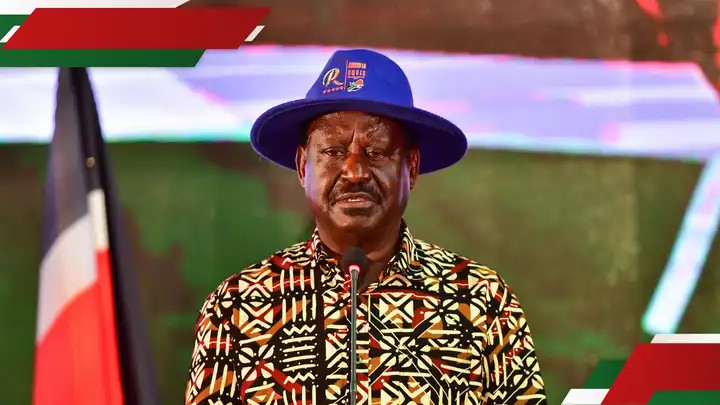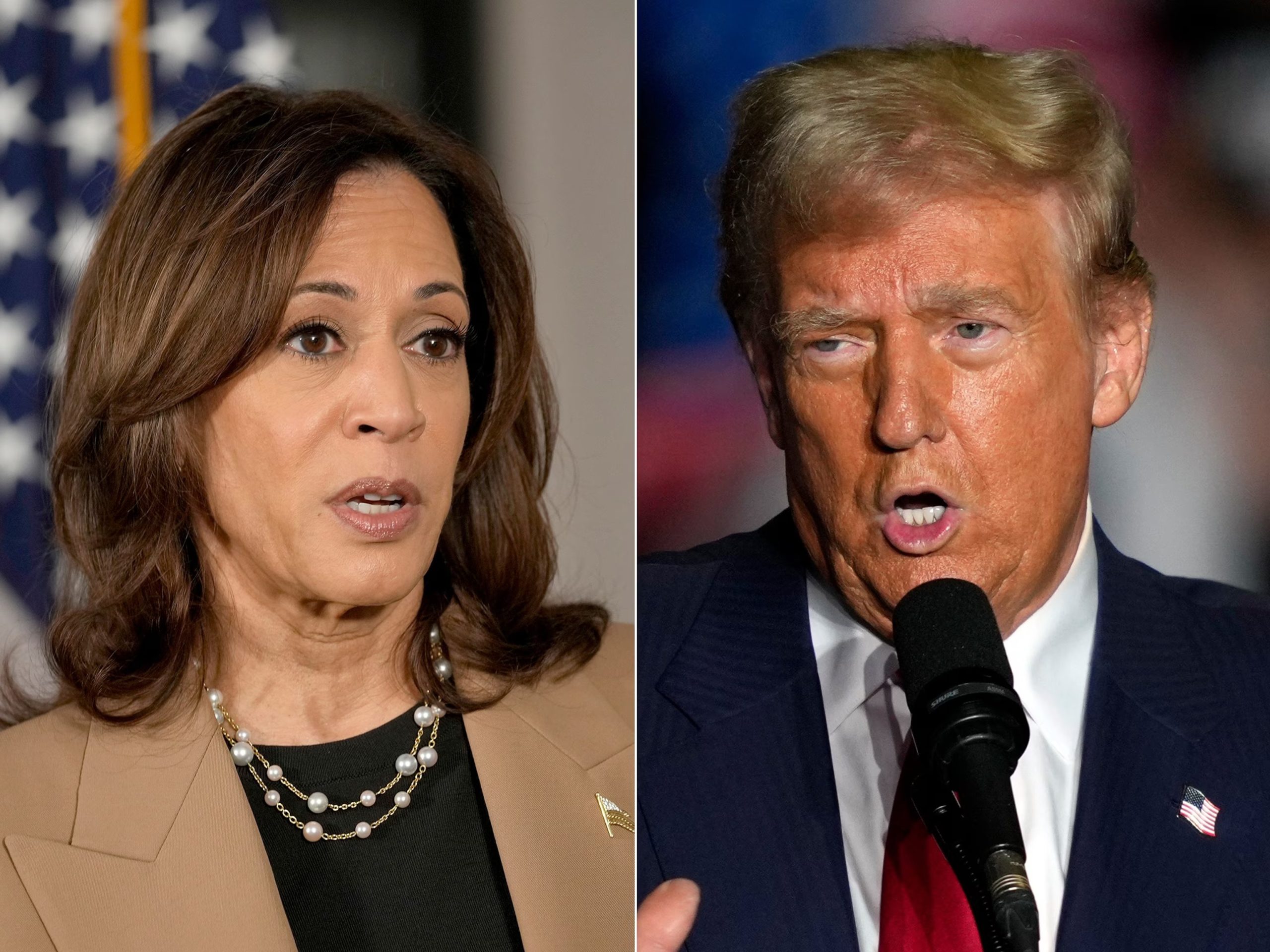Nigeria Plans Major Electricity Tariff Increase to Tackle ₦5 Trillion Power Sector Debt
Nigeria’s Federal Government announced plans Tuesday to eliminate electricity subsidies and implement cost-reflective tariffs, signaling another round of price increases for consumers already struggling with rising energy costs.
Power Minister Adebayo Adelabu revealed the government’s strategy during the Mission 300 Stakeholders’ Engagement session, citing the need to address the power sector’s mounting ₦5 trillion debt burden. The proposed tariff restructuring aims to create a fully cost-reflective pricing system that would shift financial responsibility from government subsidies to consumers.
The announcement comes as Nigeria continues grappling with chronic power supply challenges despite previous tariff adjustments. The country’s electricity sector has faced persistent infrastructure deficits, limited generation capacity, and significant revenue shortfalls that have contributed to the massive debt accumulation.
Industry stakeholders expressed concerns about the timing of additional tariff hikes, particularly given current economic pressures facing Nigerian households and businesses. The proposed changes would mark another significant policy shift in the government’s approach to power sector financing.
The Federal Government has not yet specified the exact percentage increase or implementation timeline for the new tariff structure. However, officials indicate the move represents a crucial step toward achieving financial sustainability in Nigeria’s troubled electricity sector while reducing the government’s subsidy burden across multiple economic sectors.










